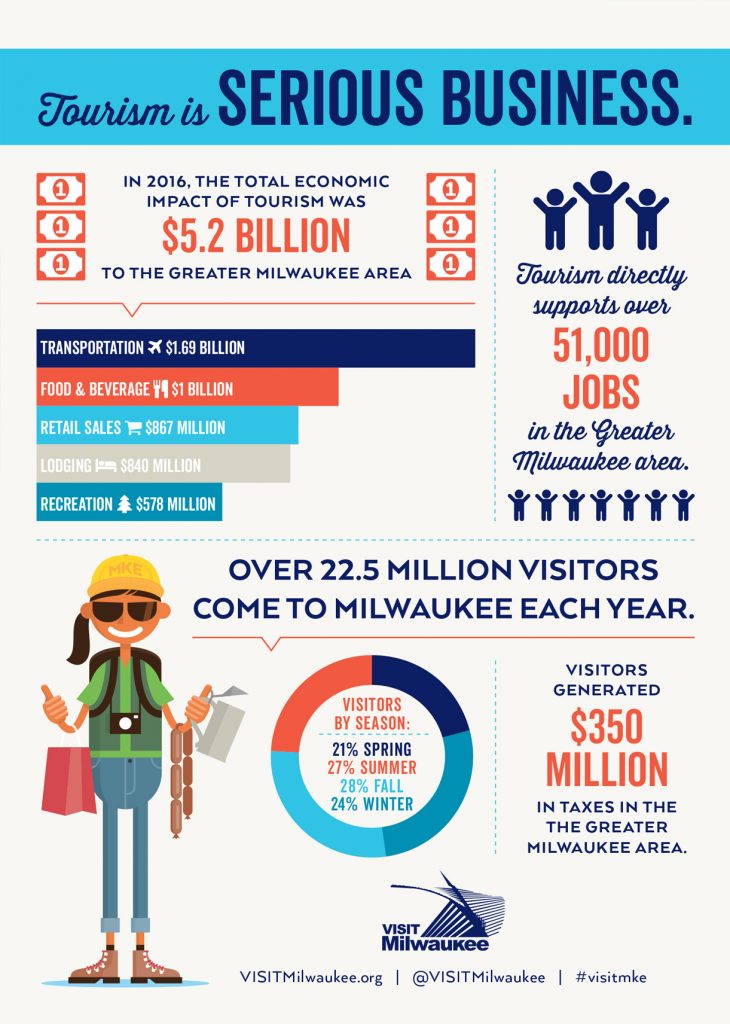A VPN (Virtual Private Network) allows you to connect to a remote server through which all of your online traffic passes. This ensures that your data is encrypted and hidden, which can protect you from prying eyes. It can also help you bypass geo-restrictions on websites that restrict their content by country, like Netflix. However, if the VPN you use contains malware or other security issues, it can leave your device vulnerable.
Many VPNs are available for free in the Google Play and Apple stores, but many of these contain malware that can put your devices at risk. It’s possible to find these by uploading the software files to VirusTotal, which scans them with over 60 different antivirus tools to detect malicious apps.
ISPs can tell you’re using a VPN by looking at the data they receive from your device. They can use technology such as DPI (Deep Packet Inspection) to analyze the data packets and detect unique VPN signatures that aren’t present in regular online traffic.
VPNs can also be detected by looking at the volume of data that flows to and from the VPN’s servers. Typically, VPN servers receive an extraordinary amount of data because they’re used by lots of people. Regular data flows to and from home IP addresses generate less data, so the unusual volume of data flowing to a server is a giveaway that a VPN is in use.
It’s also possible to detect VPN usage by comparing the time that a website was visited with the device’s time. If a site is accessed from Mexico, Japan, and England at the same time, it’s likely that someone is connecting through a VPN.
Other ways to detect VPNs include looking at the protocols used by a VPN and the corresponding ports that they connect to. Some VPNs use exclusive ports, which are usually blocked by firewalls and other security tools. Some VPNs are known to leak IP address information. Those IPs can be traced to the VPN service providers, which in turn can reveal the use of the VPN.
While it’s possible to detect VPNs, it’s not easy for overseeing entities to block them. VPNs are popular because they offer privacy and protection, but if they’re used by criminals or governments trying to intercept communications, it’s important to know how to detect them.
If you’re using a VPN and suspect that you’re being tracked, try changing your VPN protocol to a different one. Also, consider disabling the firewall in your computer to prevent it from blocking VPNs.

